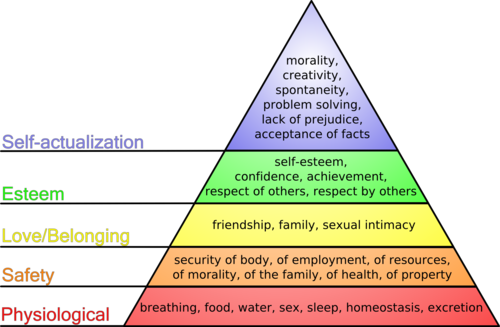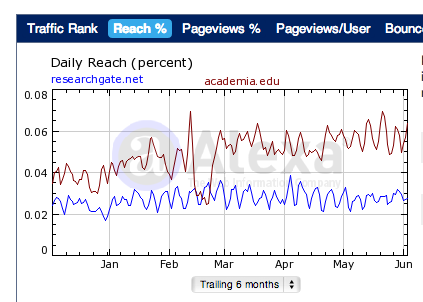Is Nobel Laureate Randy Scheckman being a hypocrite? Bollocks.
Whoa. Some serious debate flying around after the newly minted Nobel Laureate and Editor-in-Chief of eLife wrote that journals like Nature, Cell, and Science are damaging science.
On one side you find the supporters, such as co-founder of PLOS and UC Berkeley Professor Mike Eisen, who hopes Randy’s actions can inspire others. In the other corner are the haters shouting hypocrisy.
The way I see it, Randy had two options:
1. Say/do nothing at all, and thus inspire no one to take action.
2. Do what he did.
I’m on Randy’s side here. If we’re going to start making the changes that are needed within academia then someone must speak up, even it comes laden with ad hominem attacks of hypocrisy and conflicts of interest. And note my own COI as a co-founder of the Open Access journal PeerJ.
Let’s examine the fallacies of the naysayers’ arguments:
1. Sheckman’s words ring hollow because eLife, like CNS (Cell, Nature, Science), has a high rejection rate, even though it is Open Access. As editor-in-chief of eLife he has a conflict of interest and should not make such statements.
This argument is ignoring the actual message and its possible impact. Whether eLife is a luxury journal or not doesn’t change the message being told. Same with the conflict of interest. Those are all separate issues from the message and how people can act on it.
Additionally, it’s naive to think that everyone boycotting CNS would all of a sudden 1) start publishing with eLife and 2) that other publishing options (PeerJ, PLOS, small society journals, F1000Research, preprints, etc) wouldn’t grow.
2. Even if everyone boycotts CNS, it won’t change things because the next three highest impact factor journals will replace them.
This is a non sequitur argument and the silliest one of all. It ignores the fact that if CNS actually did go out of business, then Sheckman’s words will have achieved an f'ignly astounding result. Do these naysayers actually believe if everyone boycotted CNS that it wouldn’t have other knock-on effects within the overall academic debate on impact factor?
What would really happen if everyone were to boycott CNS is that our funding bodies, governments, academic departments, etc would take notice. It will have meant that academics’ habits have actually changed. That will lead to other changes. It won’t just lead to the next three journals replacing CNS; that conclusion is unsupported as can be.
3. Sheckman can only say boycott CNS now that he has secured his Nobel prize after publishing more than 40 times in those journals. Younger scientists don’t have that option.
This is an ad hominem argument. Again, whether Sheckman is being a hypocrite or not has no bearing on the message that things must change in order to improve scientific research. Whether younger scientists have the luxuries that Sheckman has now or not has no bearing on the message. The message is “things must change.”
That we’re now debating the merits of Sheckman’s call means what he said is already having an impact. And let’s remember that most hearing his message are not academics, but the public who are unaware of the issues at hand, but still have the power to change things through their elected officials.
If a Nobel Laureate isn’t allowed to state these things, then who is allowed? Reality is that everyone’s allowed, but not everyone has the voice that Randy now has. He can choose to remain silent, or he can try to have an impact that perhaps may help eLife, but will undoubtedly help advance science and other publishing experiments that are sorely needed. A rising tide raises all ships.
Finally, whether his words will have any real results at the end of the day or not isn’t a reason to stay silent. When we’re trying to push the boundaries we go into action knowing full well that failure is a possibility. If success were guaranteed then we’d have no need for inspiration.
Kudos to Randy Sheckman for having the courage to do what he did, despite knowing the heat he’d take. That makes him more worthy of the Nobel than ever.

